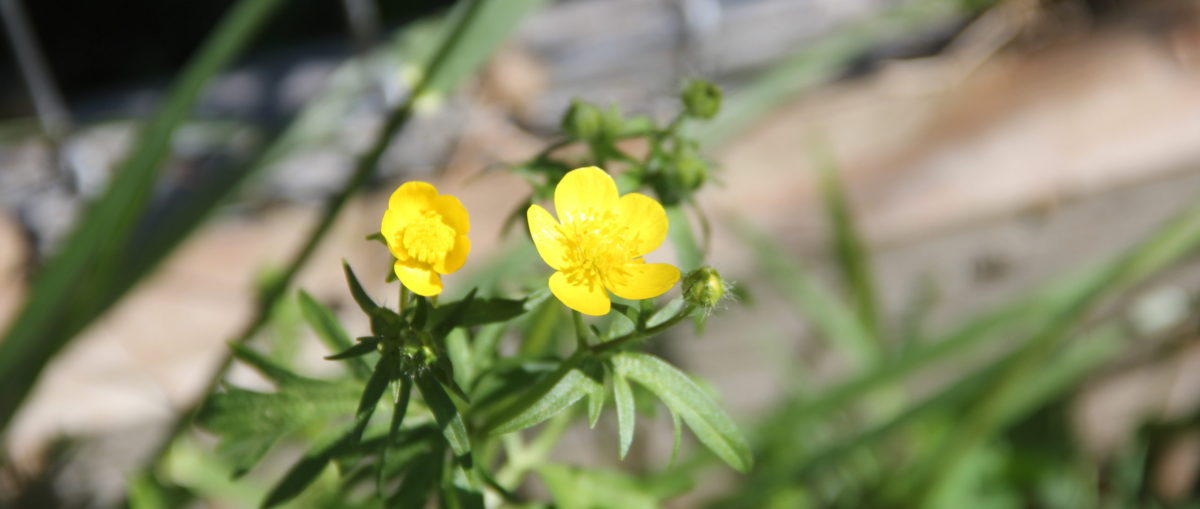In Vanessa’s version, she gets home from work and finds me in a safari hat, carrying a shotgun and a camera. “What are you doing?” she asks.
“I’m going to kill Dice,” I say.
“Oh… okay,” she says.
In my version, I don’t own a safari hat. I’m wearing my straw hat, the one I wear when I’m on the tractor or the mower. It’s my mowing hat, not my shooting hat. I don’t have a shooting hat—I was improvising. Also, I don’t have a shotgun. The weapon I was carrying was a 1930’s Winchester .22-gauge single shot bolt action. We have two rifles, which we bought when we started farming. There’s the twenty-two, for putting small animals out of their misery (or ours), and there’s some Big-Ass Rifle that I’ve only had to use once, and I hope to never use again.
I was carrying a camera. We agree about that.
We also agree about the mission—to kill Dice. Dice has been torturing all living souls for over three years. We got him when we ordered a couple of dozen chicks from a McMurry Hatchery in early spring 2013. They put day-old chicks in a box and send them through the mail. When they mail chicks during cold weather, they sometimes put in a “free gift”—a rooster to increase the mass and the temperature for the others. Roosters are cheap because people don’t want them. Dice was a “free gift.”
And he was mean. He fought with Arthur (the nice rooster), he had his way with the hens, he attacked us, usually from behind, when we weren’t expecting it. He really pissed me off. Often and a lot.
So about a year ago, we put him in a secondary chicken coop we have on the other side of the property, away from the main coop—yes, we have two chicken coops. We put one of the hens in with him, and Vanessa named her “Isis Bride”—I’m not sure if it was a political reference or just a good slant rhyme. But “Dice and the Isis Bride” did fine. They had a small coop, access to an outdoor run, plenty of food and water, and each other. Most importantly, Dice couldn’t attack us, though he would glare at me through the fencing and threaten every time we changed their water or cleaned their feeder.
I had been threatening (read: talking myself into) killing Dice for over two years. I have dug many animal graves since we bought the farm—a dog, three full-grown sheep, a goat, several newborns, ducks, a goose, and a bunch of chicks/chickens. I didn’t have the heart to kill Dice, even though I hated him.
But at the end of May, we got a new shipment of chicks. They spent the first five weeks indoors, a few days outside in the chicken-tractor, and now they have to go to the secondary coop. It was the chicks or Dice.
Good-bye Dice.
I won’t describe shooting him—except to say it took four shots. Dice, it turns out, was mostly feathers.
In Vanessa’s version, I come down from the barn in my safari hat, carrying a shotgun, a camera, and a dead Dice. “What are you doing with him?” she asks.
“I’m gonna clean him,” I say. “The water’s already boiling.”
In my version, the water’s not boiling, it’s 145 degrees. I looked it up on YouTube.
Though I have killed a few animals and buried many that died on their own, I had never killed one with the intent of cleaning and eating it. I didn’t want to waste the Dice experience. Partly, that’s because as the hens that came with Dice get older, they will stop laying. Then we will have to make some hard decisions—fourteen hard decisions, actually. On the one hand, it feels a little icky to eat a chicken you’ve fed, watered, and cared for and that has given you eggs for four or five years. On the other hand, they’ve had a very good life for a chicken, and it’s a quick end. I keep telling myself that if I’m going to eat meat (and I’m going to eat meat), then I need to be aware of where it comes from.
I won’t describe the actual cleaning, except to say two things. If you do it, wear gloves and sharpen your knives.

